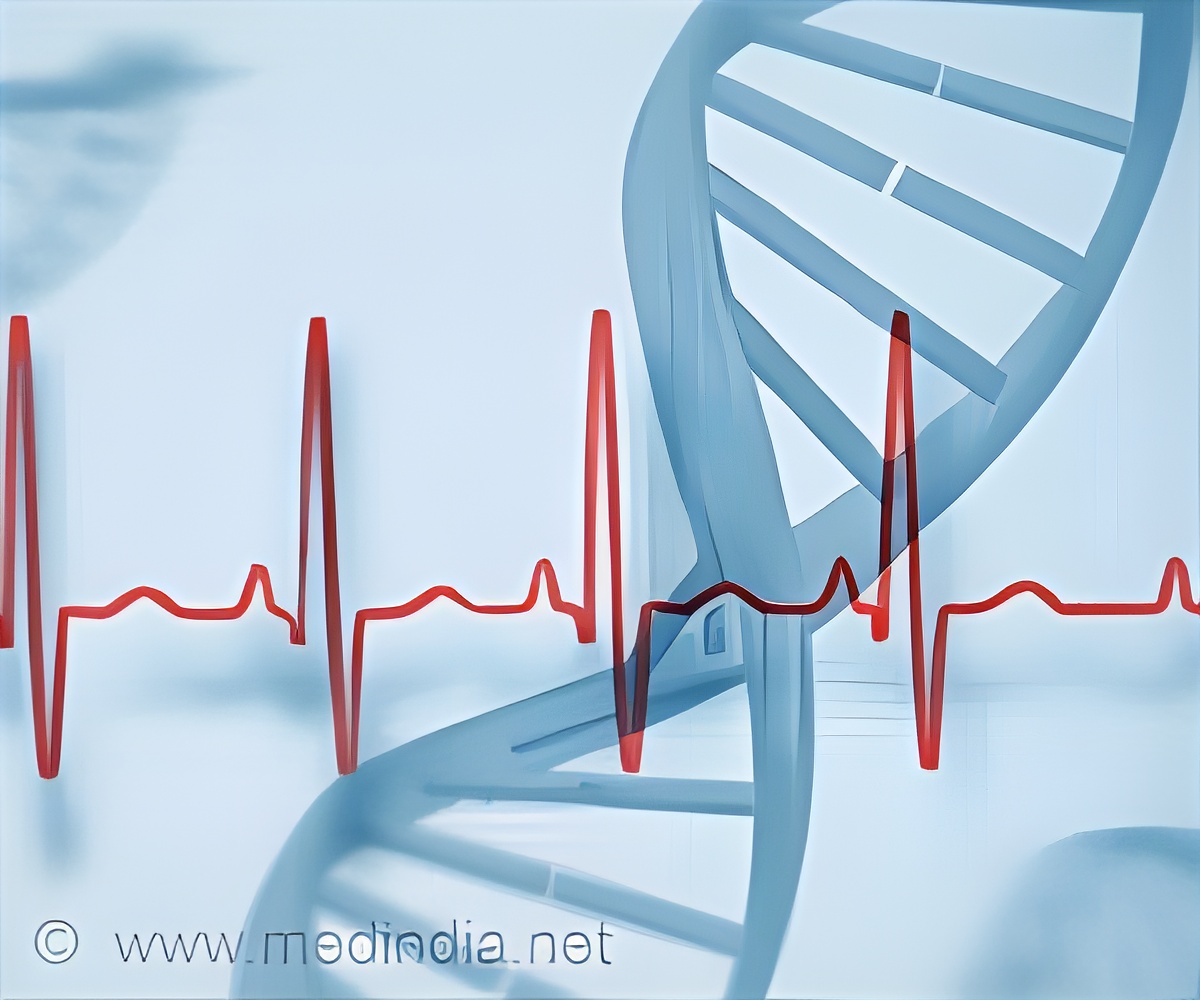Specific genetic errors that trigger congenital heart disease (CHD) in humans can be reproduced reliably in Drosophila melanogaster - the common fruit fly.

‘Studying congenital heart disease (CHD) in fruit flies provides a fast and simple first step in understanding the roles that individual genes play in disease progression.’





"Studying CHD in fruit flies provides a fast and simple first step
in understanding the roles that individual genes play in disease
progression," says Zhe Han, a principal investigator and
associate professor in the Center for Cancer & Immunology Research
at Children's National Health System and senior author of the paper
published in eLife. "Our research team is the first to describe a high-throughput in vivo validation system to screen candidate disease genes identified from patients. This approach has the potential to facilitate development of precision medicine approaches for CHD and other diseases associated with genetic factors," Han says.
The research team led by Han used high-throughput techniques to alter the activity of dozens of genes in flies' hearts simultaneously in order to validate genes that cause heart disease.
"Our team was able to characterize the effect of these specific genetic alterations on heart development, structure and activity," Han adds. "The development of the human heart is a complicated process in which a number of different cell types need to mature and differentiate to create all of the structures in this essential organ. The precise timing of those cellular activities is critical to normal heart development, with disruptions in the structure of proteins called histones linked to later heart problems.".
Of 134 genes studied by the research team, 70 caused heart defects in fruit flies, and several of the altered genes are involved in modifying the structure of histones. Quantitative analyses of multiple cardiac phenotypes demonstrated essential structural, functional and developmental roles for these genes, including a subgroup encoding histone H3K4 modifying proteins. The scientists then corroborated their work by reliably reproducing in flies the effect of specific genetic errors identified in humans with CHD.
Advertisement
Source-Eurekalert














